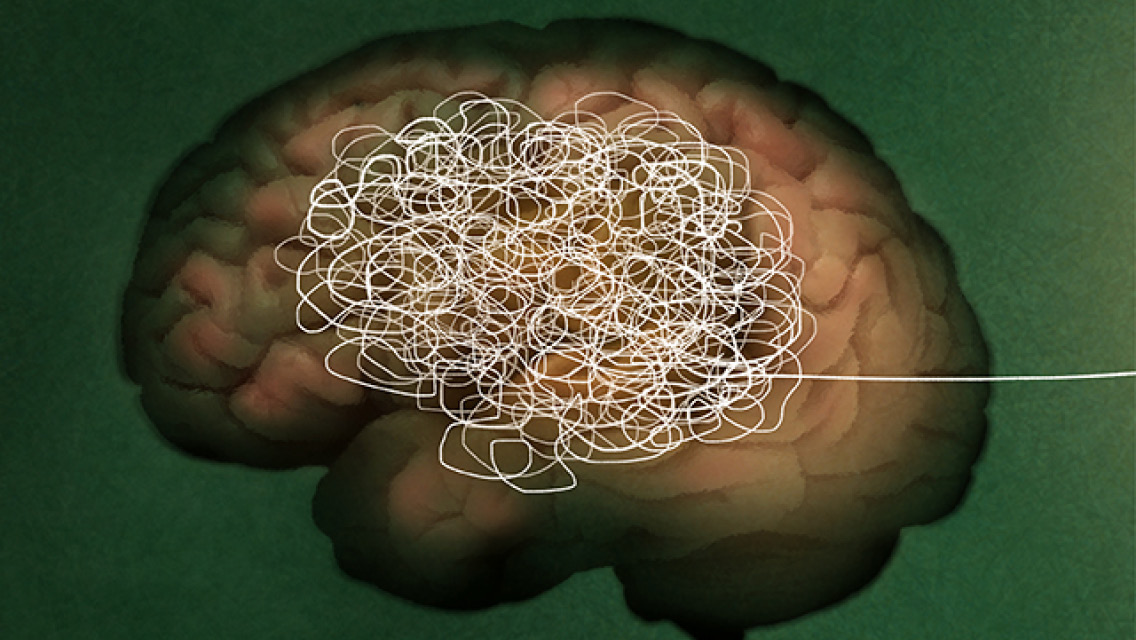Out on the links last week with The Tin Man, I was pontificating on the fleeting nature of fame among the current crop of young golfers. “You remember that guy who won The Masters a few years back?” I offered. “Whatever happened to him?”
“Yeah, he really faded away, didn’t he?” my septuagenarian sibling replied. “What was his name?”
“It was — it’ll come to me — he was right out of college, the next big thing,” I said, my faulty memory banks proving unequal to the task. “It’ll come to me. . . .”
We soon forgot all about it, of course, as skulled chip shots and sliced drives occupied our limited attention spans for the rest of the afternoon. As I was climbing out of bed the next morning, however, Jordan Spieth inexplicably plunked into my dusty mental in-box. I had to smile.
This is what aging does to a geezer’s memory; delayed data delivery often occurs. And it’s a big reason why so many seniors are embracing brain-training programs like Lumocity, BrainHQ, Cognifit, and others, despite limited research on their efficacy. I can understand the attraction, what with the specter of dementia lurking around every corner, but I’m not sure the gray matter inside my cranium is particularly receptive to a good workout.
My Lovely Wife, on the other hand, regularly exercises her brain with sudoku, the New York Times crossword, and an online word game she recently attempted to explain to me without success. I might be tempted to describe this as an anti-dementia campaign (her dad suffered from Alzheimer’s) if not for the fact that she’s always been this way. I have a snapshot on my desk from the late ’70s showing her conquering another crossword, pencil in hand, mug of tea at the ready.
So I doubt she’ll be moved either way by the results of a recent study published in the journal Neurology suggesting that brain games, crafting, and other mentally stimulating activities may reduce or delay the risk of mild cognitive impairment (MCI) by as much as 48 percent.
Study author Yonas Geda, MD, and his team recruited 2,000 people with an average age of 78 and no MCI diagnosis. The study subjects each completed a questionnaire describing how often they participated in five specific brain-stimulating activities during middle age (50 to 65) and then after they turned 66. Researchers then conducted cognitive tests every 15 months for five years. Among their findings:
- Those who reported using a computer in middle age were 48 percent less likely to develop MCI than those who didn’t. Computer use in later life was associated with a 30 percent lower risk. Computer use during both periods suggested a 37 percent reduction in risk.
- Participants who reported solving crosswords, playing other games, or engaging in various social activities in both midlife and later were 20 percent less likely to develop MCI than those who didn’t.
- Crafters were found to be 42 percent less likely to develop MCI than noncrafters.
MLW qualifies in all three of these categories, so I suppose she might be heartened by the findings if she wasn’t as skeptical of these types of studies as I am. And, indeed, Geda offered a couple of pretty good reasons to withhold judgement.
“Our study was observational, so it is important to point out that while we found links between a lower risk of developing mild cognitive impairment and various mentally stimulating activities, it is possible that instead of the activities lowering a person’s risk, a person with mild cognitive impairment may not be able to participate in these activities,” he said in a statement. “More research is needed to further investigate our findings.”
I’m no scientist, but I might suggest next time around that Geda and his team figure out a more reliable way to identify activities performed 20 or more years earlier than relying upon the memory banks of a bunch of septuagenarians. It may come to them eventually, but then again it may not.




This Post Has 0 Comments